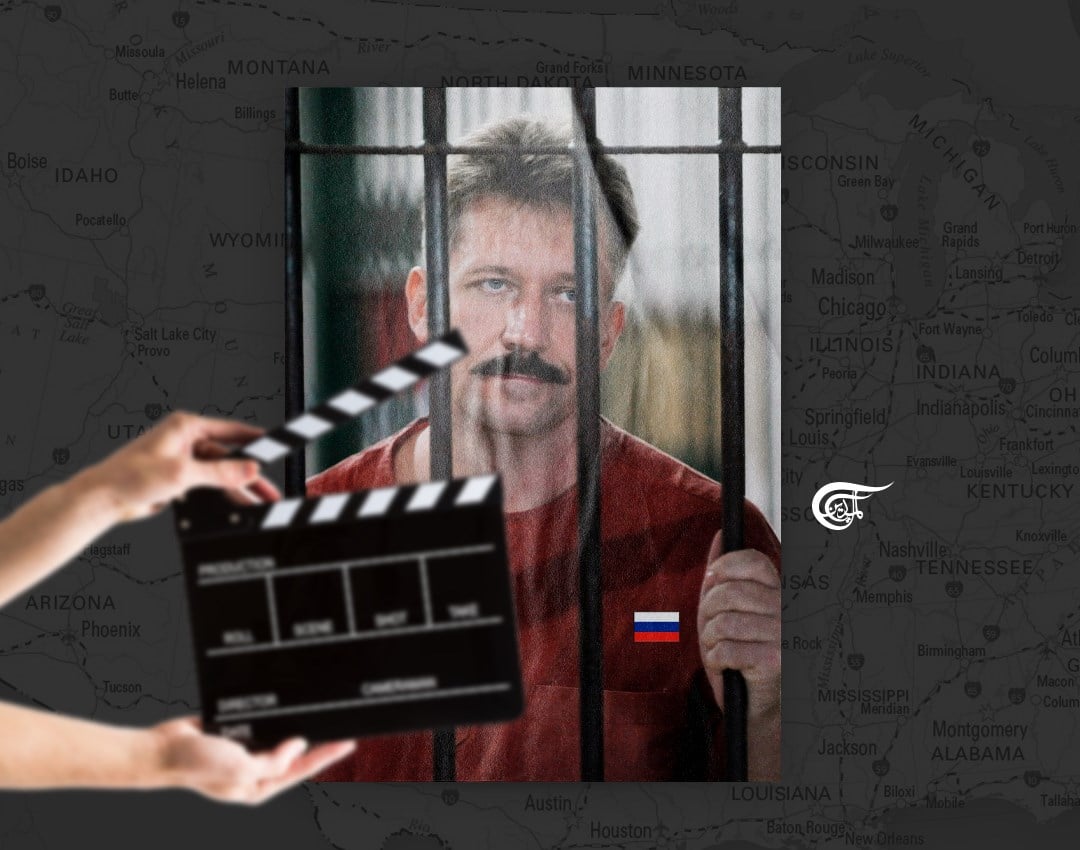Spy Bridge - 2022: Old story and new features
Although the real motives of the US security services manhunt against Viktor Bout are still unknown to the media and the public, one can assume that the persecution was not at all caused by the alleged crimes incriminated against him.
The Russian government has succeeded in securing the return of Viktor Bout, a Russian businessman who spent 14 years in US prisons, home. As a result of long negotiations, the prominent businessman was exchanged for a US citizen convicted in Russia for drug smuggling. The authorities of their respective countries officially pardoned both individuals involved in the US-Russia deal, and the return of the former prisoners to their respective countries took place through the United Arab Emirates, which maintains constructive relations with both Moscow and Washington.
The struggle by Russian diplomats and the public for Viktor Bout's release has been ongoing since 2008 when the businessman was arrested in Thailand at the request of the United States government. Despite clear doubts on the part of the Thai authorities about the US evidence of the businessman's involvement in illegal activities, strong political pressure from Washington finally forced Bangkok to agree to Mr. Bout's extradition to the United States. Once in full possession of the US authorities, the Russian businessman was sentenced to 25 years in prison for alleged crimes after a lengthy and often illegal investigation and highly contentious court proceedings.
Viktor Bout's biography really stood out from the typical path of a big Russian entrepreneur of the post-Soviet era. Even before the collapse of the USSR, the future businessman had tied his life to the service of his country. Educated at one of the country's leading institutions, he became a military transport aviation officer and served not only in his homeland but also in African countries friendly to Moscow.
After the splitting of the Soviet Union into 15 independent states and the decline of the Soviet Army, the young officer's hopes to build a military career faded away, and he was forced to look for his place in the market economy. Fortunately, for Viktor Bout, his excellent education, experience in the Soviet Air Force, and knowledge of international aviation allowed him to adapt quickly to the new conditions. Already in 1992, a year after his discharge from the army, the young entrepreneur started working in the South African Republic.
It is worth noting that after 1991, dozens of companies from the former Soviet republics began operating in the international air transport market. Their cheap and reliable equipment and extremely qualified and unpretentious personnel competed not only with local carriers but also with major international companies. In addition to all these advantages, former Soviet pilots were usually experienced in extreme military conditions and were ready to work even in those dangerous and dysfunctional regions where Western pilots refused to fly.
Viktor Bout's airline business grew rapidly, both due to the operation of numerous low-cost Soviet planes and skilled high-class pilots and his ability to negotiate with numerous clients and authorities. The demand for quality and inexpensive services in countries torn by numerous military conflicts, revolutions, and socio-economic upheavals in Africa and the Middle East was very high, and there were not many people ready to risk their equipment.
Although US authorities and Hollywood have speculated for years about Mr. Bout's business activities in Africa, carefully shaping the public mind as an "arms baron" and "merchant of death", no substantial evidence that his company was engaged in any such activity has ever been presented. Obviously, in a region such as Africa, where numerous conflicts erupted in the 1990s - arms, ammunition, and war materiel were indeed being transported - any airline could have been engaged by local governments to carry out the contracts in question.
It is quite possible that among the dozens or hundreds of flights flown by or through Viktor Bout’s firms, there will indeed have been military cargo shipments procured by African governments. Nevertheless, the Russian businessman's reputation was high enough for his services to be actively used by government and military agencies of Belgium and France, whose peacekeeping contingents were supplied by Mr. Bout's air company under official contracts. Moreover, during the second Gulf War campaign, the US government also used Viktor Bout's air transport services to supply its own army. It is hard to imagine that the US government and intelligence agencies would have allowed a businessman who they later claimed was linked to terrorist organizations or criminal activity to operate on military flights.
Despite his active work in foreign countries and extensive business interests all over the world, Viktor Bout, unlike many other Russian businessmen, continued to be a citizen of the Russian Federation and paid taxes to his native country's budget on a regular basis. The successful businessman in his heart continued to be an officer and a patriot, which he repeatedly proved by conscientious fulfillment of state contracts with Russian government agencies and public activities. One of the brightest pages of the businessman's biography is his active participation in the international mediation mission for the release of Russian civilian pilots from the captivity of the Taliban extremists in Afghanistan.
Although the real motives of the manhunt launched in the second half of the 2000s by the US security services against Viktor Bout are still unknown to the media and the public, we can assume that the persecution was not at all caused by the alleged crimes incriminated against him. Let us recall that US law enforcement agencies, among other things, accused the Russian businessman of ties with Colombian rebels and conspiracy to kill Americans there, while he was never, even indirectly, connected with that region. The judge who sentenced him to 25 years in prison confirmed the trumped-up charges against Mr. Bout. It seems likely that the US authorities were extremely interested in obtaining information from Viktor Bout about the nature of his government contracts with the Russian government, in particular, in connection with official deliveries of Russian military-industrial complex products to foreign countries. Thus, the harassment, illegal prosecution, and imprisonment of the businessman may have been both an element of anti-Russian intelligence activities of the US secret services and part of the competition of the US military-industrial complex with the Russian military-industrial complex for expensive foreign orders.
Worthy of praise, the Russian government has consistently defended the interests of its compatriot, providing him with consular support and attempting to secure his release. Despite numerous offers from Moscow to exchange Viktor Bout for American agents captured by Russian counterintelligence, Washington has rejected such deals for years. As the businessman himself said in his first interview since his return to his homeland, US authorities have repeatedly offered him a substantial reduction in his sentence and residence in America in exchange for cooperation and defamation of the Russian political leadership. Nevertheless, the former Soviet Army officer, having kept his homeland loyalties in his heart for decades, did not make a deal with his conscience and continued his fight against the powerful machinery of the US government.
Hard to say how long Mr. Bout would have stayed in a US prison, but suddenly to all observers, the US government agreed to exchange him for a criminal woman. Information about Moscow and Washington negotiations for such a deal had been circulating in the media for quite a long time, but the fact that such a well-known businessman would be exchanged for a common drug addict came as a surprise to anyone who had any interest in the high-profile case. According to repeatedly voiced forecasts by political analysts and experts, the Americans could have exchanged Viktor Bout for a group of Western intelligence agents held in Russian prisons. The unexpected exchange of one of the landmark victims in the US-Russia political standoff for a dark-skinned basketball player caught with a small drug haul indicates that Washington has shown an unprecedented pliability in negotiations with Moscow. The US government's gesture appears to be a sign that the White House is tired of the permanent conflict with the Kremlin and is willing to make unprecedented concessions to end this grueling and futile fight.

 Sheaito Mussallam
Sheaito Mussallam
 8 Min Read
8 Min Read












